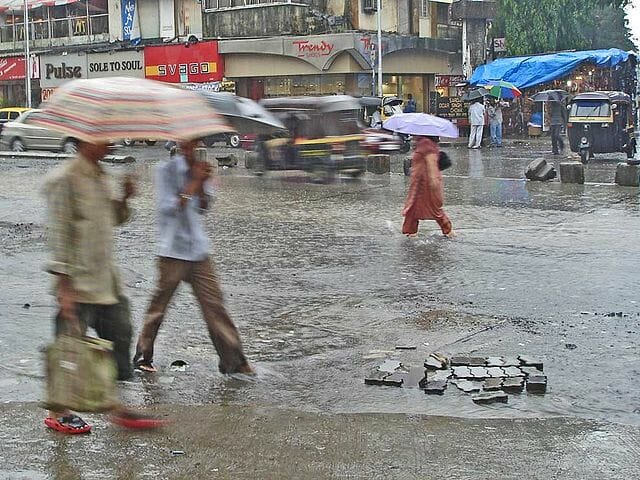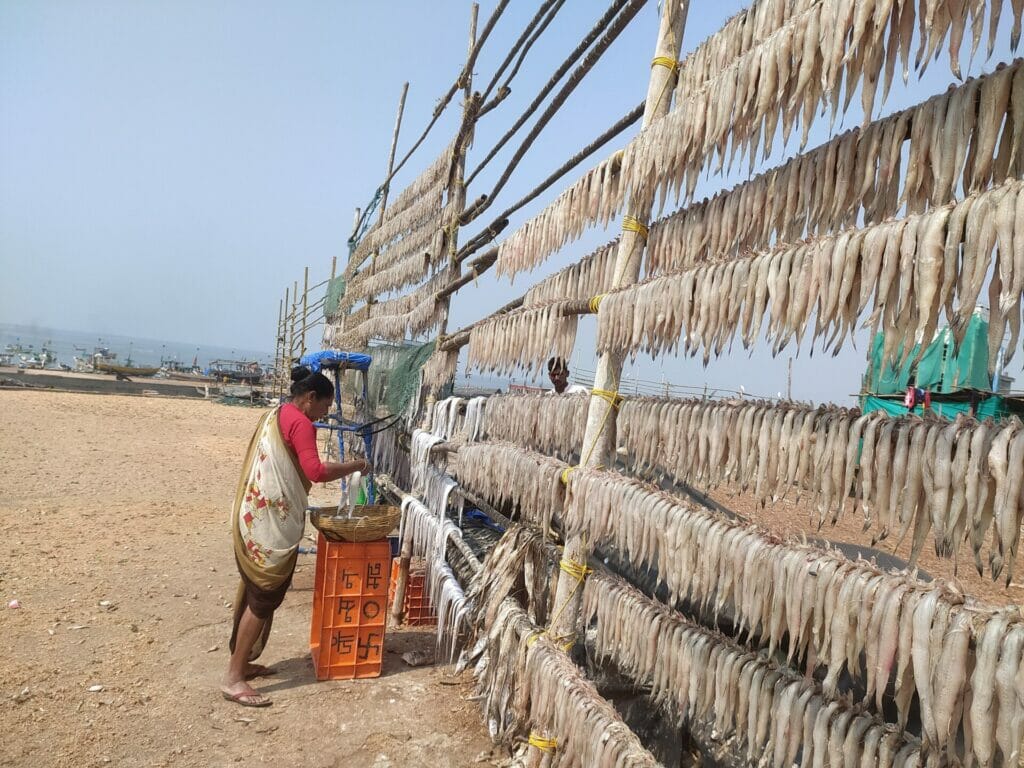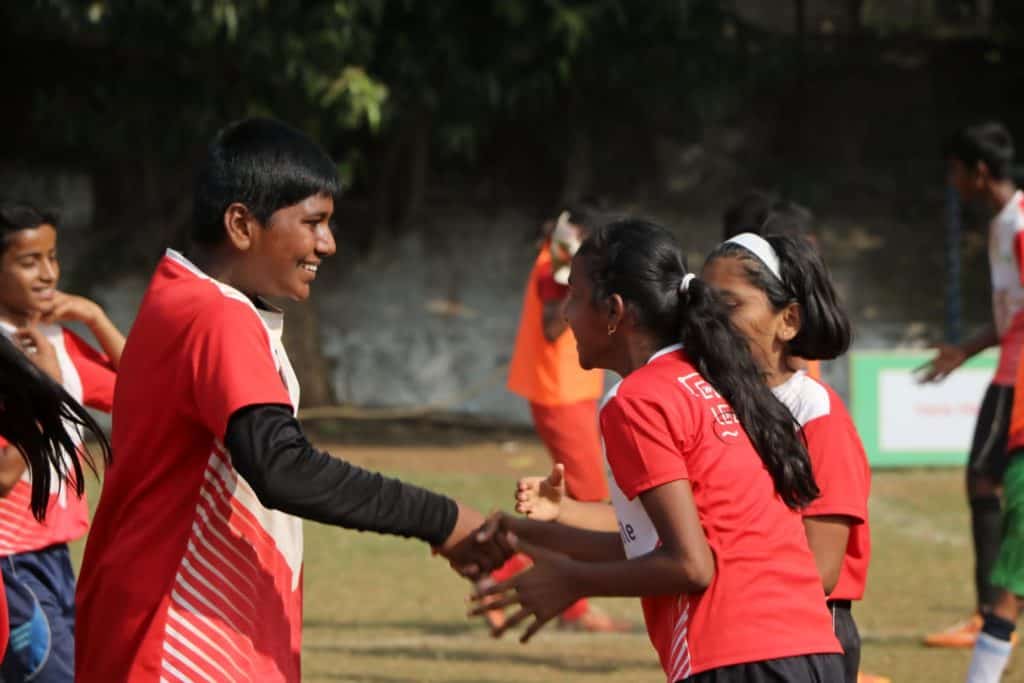Mumbai is the financial capital of India, a city of dreams with an underworld beneath its dark belly, and Bollywood that glitters over it. It’s a congested, over-crowded city that feeds everyone who comes with hope and hard work… so on and on… Mumbai and neighbouring Thane is all this and more.
Beyond what is obvious, the city is also its millions of common people that work tirelessly to make a living and keep the city moving. Citizen Matters focuses on those people and issues that matter to them, to make every city a little bit better.
For most of us, two major life-altering changes in the post-pandemic world have been working from home and working remotely, both of which I detested and resisted as much as I could. One, I don’t like working from home, rather, I like working from many places as a life-long field reporter. Secondly, I believed I could not do justice to any task if I wasn’t present physically in that situation. Today, six months after I joined Citizen Matters as the Editor of the Mumbai chapter, I seem to have warmed up to both – WFH and working remotely.
Read more: Mumbai 2021: The year that was
Now based in Bengaluru, I remain an absolute bambai-meri-jaan person. I took up the challenge of anchoring the Mumbai chapter and mentoring the young team with confidence and nervousness at the same time. Will I know how Mumbai has changed? Will I miss the pulse? Will I remember everything that I knew that COVID brain fog may have erased? But as the cliché goes, the more things change, the more they remain the same.
We started with a team that was changing at the onset of Mumbai’s favourite season – the monsoons. Perhaps, it helped us take a fresh look at the city from a rain-splashed lens, and brought us together as a group that would huddle under an umbrella.

In-depth stories to give a voice to citizens
Despite working alone, rarely managing to meet, reporters Sabah Virani and Eshan Kalyanikar, and engagement associates Radha Puranik and now Lalita, and the independent journalists who wrote for Citizen Matters, have had one common factor in their reportage — a sincere attempt to bring stories of people to the fore, to see if something could change for the better, be it Sabah’s day spent at a verification centre for applicants under the Right to Education Act, or Radha’s report on the impact of summer on construction workers.
Hepzi, our regular freelance contributor, often highlights policy challenges that affect education, water supply and housing. Eshan trains his focus on public health and those who live in the shadows of the city working tirelessly for a living. Lalita scouts and gives voice to citizens who may be trying to change the way we live through low-waste mechanisms or youngsters who are standing up together to mitigate climate change. Saachi, who tirelessly checks all the stories, not just for style but also for the tone and texture, has also contributed with stories about sexual harassment or troubles that the under privileged go through to find a house in Mumbai.
A year that started on the back of two deadly waves of the pandemic and a milder Omicron, 2022 has been a year of letting go and moving on, to a life that was before the pandemic, moving on to the same struggles that screeched to a halt but bounced back nevertheless.
Seeking solutions for systemic problems
One of the systemic problems in acutely space-starved Mumbai has been displacement and rehabilitation. Sudden and unexpected loss of homes due to natural hazards such as landslides are much harder to deal with. Sabah’s two-part series on rehabilitation of victims of a landslide brought the stories of those who were sent to Mahul and the others who waited it out to get accommodation near home.
While we try to bring out stories of people and pressing issues, every now and then we stumble upon a rather odd but interesting story. Although Eshan has been focusing on public health consistently, when he found lapses in the data presented in a health report, it led him – and us – on a quest to get clarifications. He ultimately put together a story about inexplicable increase in deaths of children.
Though we got a lukewarm explanation for it, it reminded us once again to look at each data and its interpretation carefully, again and again.
Numbers are crucial to any reportage because they enhance credibility of any report. And when numbers and deep knowledge of social issues come together, one can get an insightful account of a problem and possible solution. One of the citizen journalists pieces which Lalita anchored was about how women perceive access to toilets on Mumbai’s suburban railways. The piece showed what we always knew perhaps, but the extent of it and the agony women go through to deal with it was revealing.
Climate change and Mumbai
November was all about COP27, and we, too, decided to delve deep into the impact of climate change on the city. Hepzi’s piece looked at how unseasonal rains have impacted the dry fish business, an integral part of Mumbai’s economy.

Kavitha narrated the miseries of people who walk to work and are facing health issues due to soaring temperatures in the city.
These were just two of the many stories that focused on climate change, currently an inescapable reality globally. This coastal city too is becoming increasingly vulnerable to the disasters that await us because of the climate emergency.
Mumbai marches on
Mumbai is a megapolis that is crumbling under the burden of what the city has been historically. COVID-19 only made it worse. However, despite an unstable government and an overwhelming population, the city and its citizens found resilience. I no longer hail “the spirit of Mumbai.” I find it similar to the analogy of a “superwoman,” where the city or the woman has been glorified for her ability to stomach generations of unfair treatment and inhuman workload, only to still show up. And yet, there is something to be lauded. It could be hope, it could be dreams, it could be the sheer hard work and tenacity of its common people.
Year-ends are all about ringing in something that one can hold on to. I cannot think of a better ode to the pain, suffering and dreams of what Mumbai truly is, than this heartfelt piece written by Anmol, a citizen journalist and a resident of an informal settlement in Kranti Nagar. He writes, “I wish to make my basti a safe place for all girls and women of the community and a more inclusive and expressive space for all the genders of my community.”
Amen to that. Here’s to 2023.
